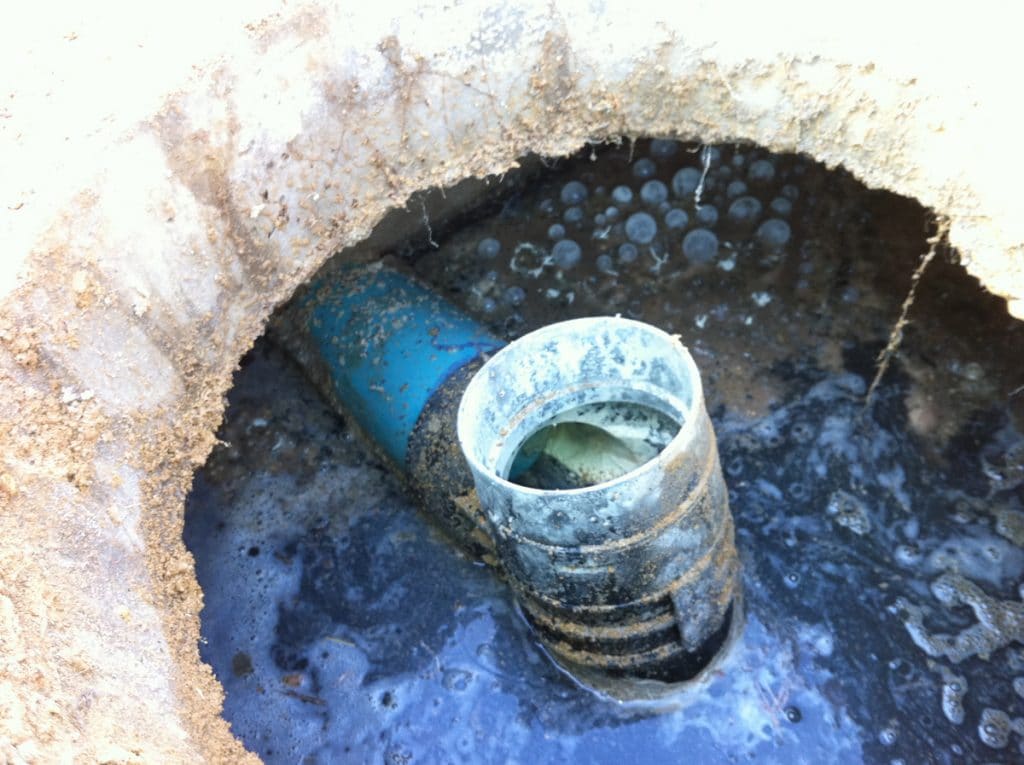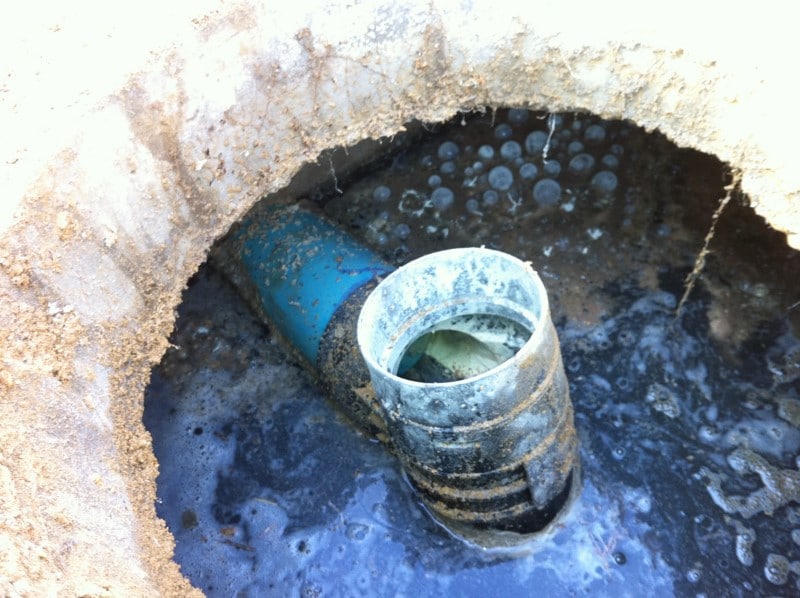
It would be very helpful if the septic expert could spare some time to talk to you before you buy the house to give you the background of the system and to answer any of your questions. Septic problems are bound to surface especially when there is a significant amount of neglect that may be brought about by several factors. When negligence happens, the entire system is affected. One of the most common crises is the backup of wastewater. The septic expert knows why septic tank systems back up after years or 24 after installation:
- Improper installation
- Not abiding by the scheduled pump outs
- Improper use of drains, sinks, and toilets
- Damage to the physical components of the septic system
- Increased water load
- Use of chemicals and enzymes as additives
Improper installation could lead to leaks, blockages, and damages within the septic. This leads to excessive wastewater backing up into the property. When the homeowner doesn’t keep the set pump out schedule with the septic expert, the sludge will go beyond normal or acceptable levels. This will lead to septic tank over flow. When new wastewater comes into the tank, the solid wastes will be all stirred up and dispersed into the drain field, clogging the entire system. This will eventually lead to failure.
When the drains, sinks, and toilets are not used right and just treated like garbage bins, then the tank will just be filled with wastes that won’t be broken down or digested by the non-aerobic bacteria in the tank. The sludge will just increase in level until the tank fills up with it and until wastewater cannot be collected or stored in there anymore. Any damage within the septic tank system could be a reason why it backs up. Pipes could be crushed by any structure or vehicle placed over the drain field or the septic tank itself. There might be invasive roots that have penetrated and destroyed the drain field pipes or the tank itself. When this happens, the effluent doesn’t complete the final treatments and just seeps through wherever they could, leading to backup.
If you have a washing machine or a dishwasher, then your septic system is in trouble. Overload brought about by grey water stirs up the solid waste in the tank. The waste then disperses into the drain field and clog it. To prevent this from happening, a dry well should be constructed so that the grey water from the dishwasher and washing machine could be placed in a different area to be treated.
The use of chemicals and enzymes could only mean harm to the entire system. They even encourage the formation of sludge by killing off the resident bacteria in the tank and in the drain field. When sludge is kept unchecked, wastewater will back up into various orifices of the system. When it comes to septic tank treatment, bacteria should be used. Bacteria are voracious eaters that break down any trace of solid waste to keep the wastewater treatment go on smoothly. Once you discover the reason why your septic tank system backs up, it would be a lot easier for you and your septic system to live harmoniously for decades.
